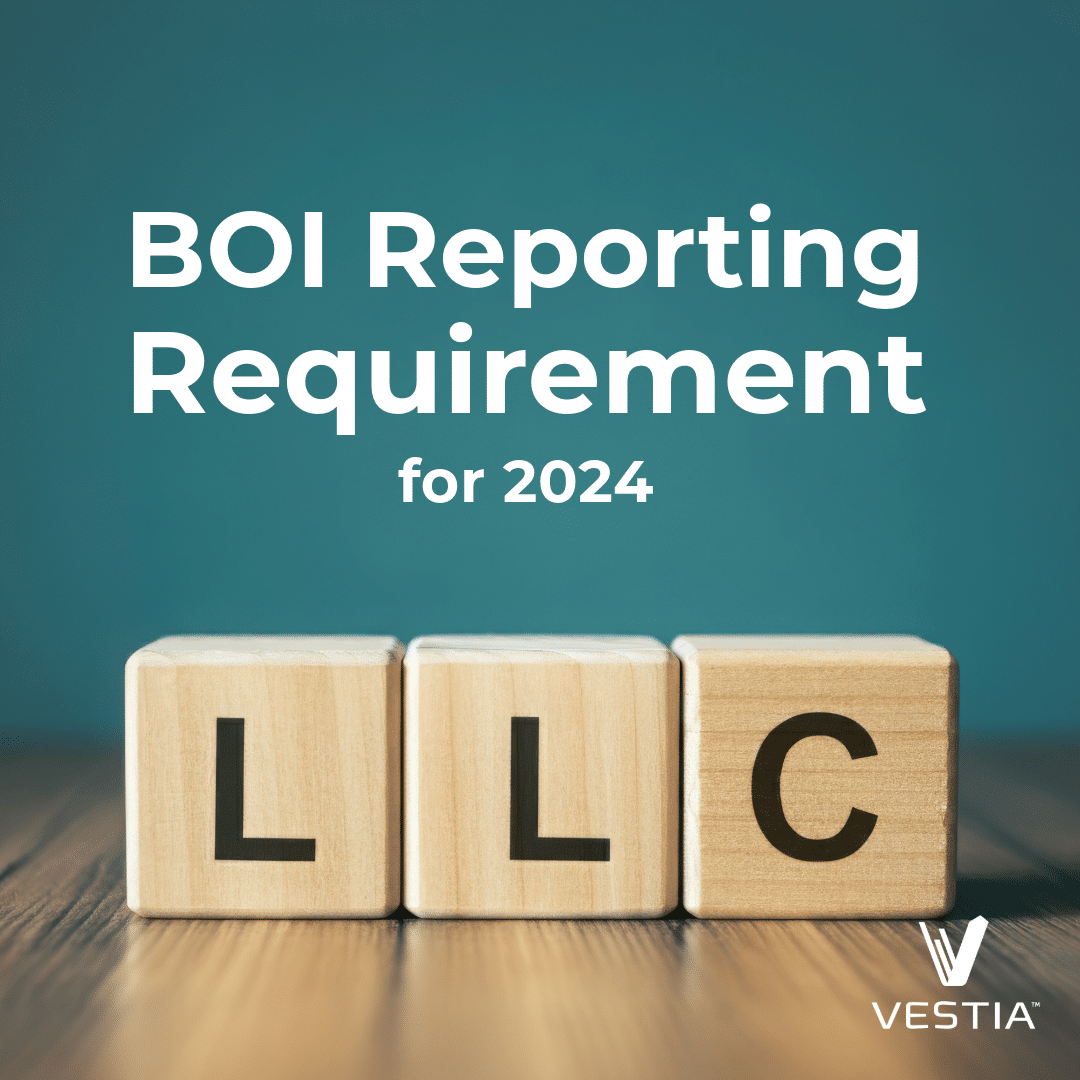Like everyone else, physicians often wonder whether or not their retirement is on track. It’s all about building a strong foundation from the beginning — and there’s no time like the present to prepare for your future.
When it comes to working toward retirement, we’re often asked, is working longer or saving more better? The answer lies in your values, priorities, and vision for the future. Let’s take a closer look.
Create a Savings Base Early and Build On It
First things first, saving and investing are critical for doctors. Even though salaries are typically higher than the average job, many enter the workforce later (due to training) and come out of school with massive amounts of debt. It’s essential to start saving early and build on that foundation as you move throughout your career.
Your Career Affects Your Savings: A Case Study
Here’s an example of savings discrepancies between professions: A friend of ours, we’ll call her Jenna, graduated from college at 21, started a job as a financial advisor, and was contributing to her first 401k by 22.
One of Jenna’s friends became a dentist who finished school at 27, bought a practice, and couldn’t start saving until her early 30s. Another one of Jenna’s friends, a specialized physician, couldn’t start saving for retirement until beginning her first attending job at 34. That’s over a decade of difference in savings between Jenna and her physician friend!
When you have to wait to save, you miss out on several years of compound earnings — so we have to make up for some lost time when a physician starts saving. There is this perception that doctors are rich and while doctors do well, many have enough demands on their money that they have to be very intentional about how they allocate and use it.
Bottom line — it’s a constant tug of war thinking about your current self versus your future self and balancing how best to use your resources.
Make The Most of Your Working Years
Even though physicians get a later start to their careers, they don’t necessarily need to work longer than the average person if they stay focused on their savings.
Practice owners usually have many tools available to them to save for the future like profit-sharing plans, cash balance plans, and opportunities to pay for expenses pre-tax. They may also have opportunities for surgery centers or real estate investments to add additional income to the picture.
Employed doctors often can’t get as much out of their retirement plans and opportunities through their employer. But if they can earn extra income from medical-legal consulting, pharmaceutical consulting, or working as an independent contractor at an additional hospital, they too can add more income to the picture and can consider some additional retirement savings accounts, where they can add more money pre-tax.
We had a doctor looking at putting her children in a private school but the tuition meant reducing her retirement savings. She wasn’t interested in altering her retirement goals if there was another way to pay for school. Her group opened up an opportunity to be the shift scheduler and they offered additional pay for that role. She raised her hand with the requirement that they pay had to be equal to what it would cost her to pay her children’s tuition. The group agreed and she could both pay for school and stay on track for retirement.
Check That You’re Saving Enough
The longer you wait to start saving, the more you need to save. On average, you’ll need to maximize your retirement plan through work and save an additional 20% on top of that to reach your retirement goals.
While 401ks and IRAs are crucial, they aren’t the only savings vehicles for you to consider. If you choose to have kids and want to save for their education, 529 plans are a great avenue. You also have your regular savings account, medical savings account, an emergency fund — it adds up quickly.
Bottom line: A 401k alone isn’t enough for most doctors to reach their goals. It’s important to speak with a financial advisor so that you are confident that your current plan has you on track so you can walk away from work on your own terms!
Nearly every physician can think of someone they know who worked well into their 70s. If they are doing it because they love it, great, but no doctor wants to be working later in life because they didn’t plan ahead and have no other choice. Financial freedom and education give you the power to control your future.
Be Honest About Your Lifestyle
A foolproof retirement plan is one that is centered around your goals.
- Do you want to retire by 50, 60, 70, etc.?
- Do you want to maintain the same or similar lifestyle in retirement?
- Is an encore career or additional work important to you in retirement?
You must know what you want your life to look like because then, our team can help you structure your resources to work toward those goals.
Be honest with yourself about how you want to live now and in the future. If you want to retire by 50, you’ll need to follow a stricter plan than someone who wants to retire at 65. It’s about early planning and understanding what you want. If you’re 35 and decide you want to retire at 50, that’s pretty unrealistic. Set yourself up for success by establishing attainable goals and putting in the work to help get you there.
It’s All About You
At the end of the day, your future retirement depends on proactive strategy, planning, and saving. It’s your retirement, so take control of it and decide what is most important to you.
Do you want to save more or work longer? Our team at Vestia can help you answer that. Take the next step to a secure retirement and give our team a call today.
Investment advisory services offered through Vestia Personal Wealth Advisors, Vestia Retirement Plan Consultants, and Vestia Advisors, LLC. Securities offered through Ausdal Financial Partners, Inc., 5187 Utica Ridge Rd, Davenport, IA. 52807 (563)326-2064. Member FINRA/SIPC. Vestia Personal Wealth Advisors, Vestia Retirement Plan Consultants, Vestia Advisors, LLC, and Ausdal Financial Partners, Inc. are independently owned and operated.
This material is intended for informational purposes only. It should not be construed as legal or tax advice and is not intended to replace the advice of a qualified attorney or tax advisor. This information is not an offer or a solicitation to buy or sell securities. The information contained may have been compiled from third-party sources and is believed to be reliable.



